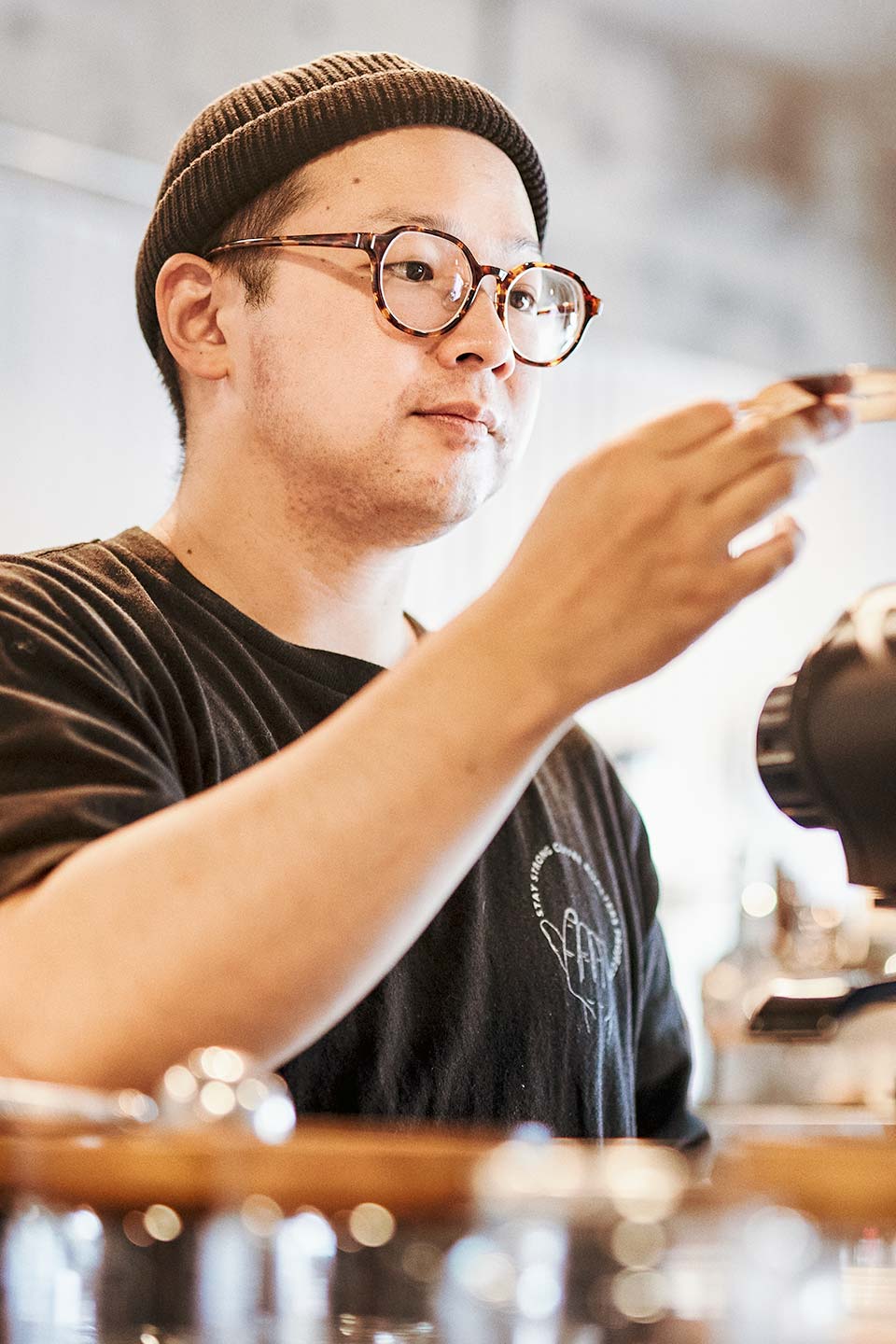
QUILT COFFEE
Terroir Comes from Producer’s Identity
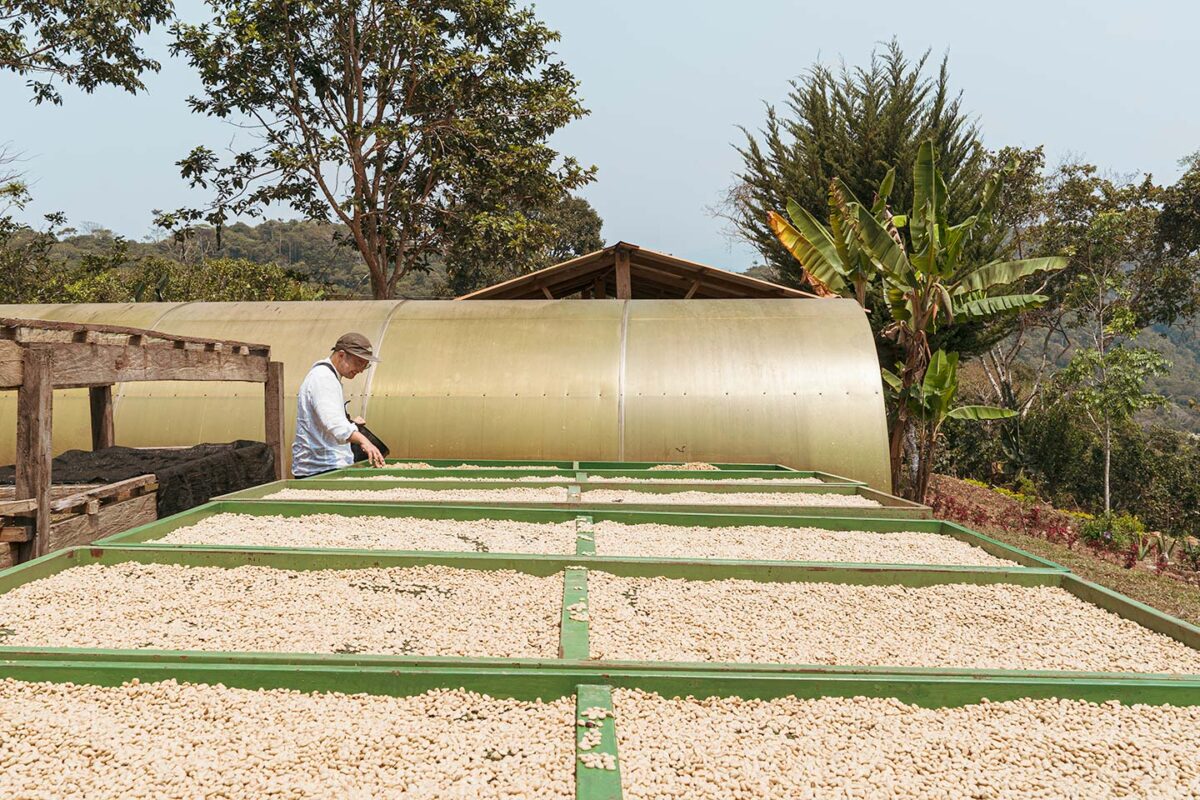
*Sakashita set up QUILT COFFEE in February 2023 after leaving his previous roastery. The information provided here is current as of the time of the interview.
Kensuke Sakashita is the store manager at Blue Beans Roastery in Kagoshima City, southern Japan. As a child, he had a strong yearning to go overseas. In September 2022, he traveled to Bolivia and Peru on a two-week TYPICA Lab tour, visiting coffee origins for the first time in his life. In an interview conducted after he came home, he shared his experiences, recalling how the trip changed his mindset.
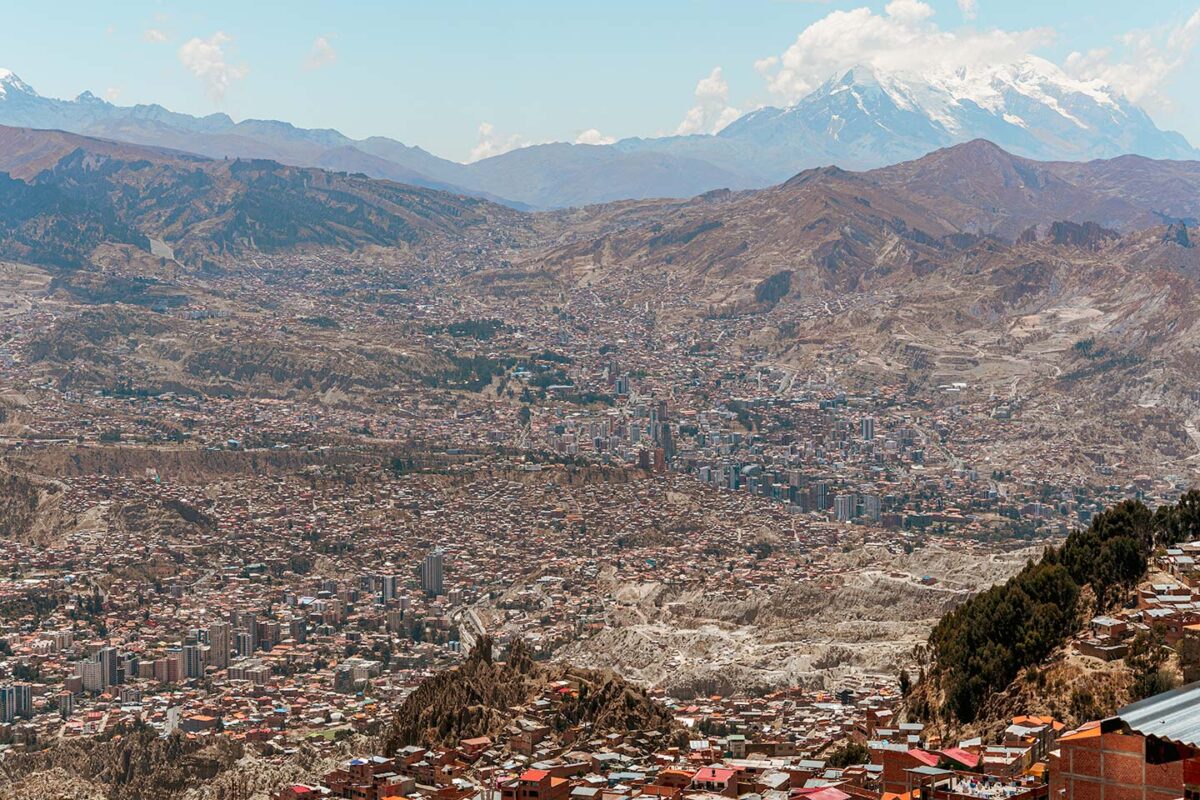
Think Global, Act Local
Sakashita: Honestly, I’d been vaguely nervous before the trip because I was worried that if I visited coffee origins, I might never be able to work with coffee again.
Coffee producers work and live under difficult environmental and financial conditions. I wasn’t sure if I would still have the confidence to fulfill my responsibility as a roaster. I was worried if I’d be able to do a good job of selling their coffee and living up to their hard work.
But then, all that anxiety went out the window the moment I stepped foot in Bolivia. La Paz sits some 4,000 meters above the sea, with its rugged terrain nestled in a vast expanse of mountains. I was super excited to see the sheer scale of nature in a land far from home. I just couldn’t wait to meet the producers.
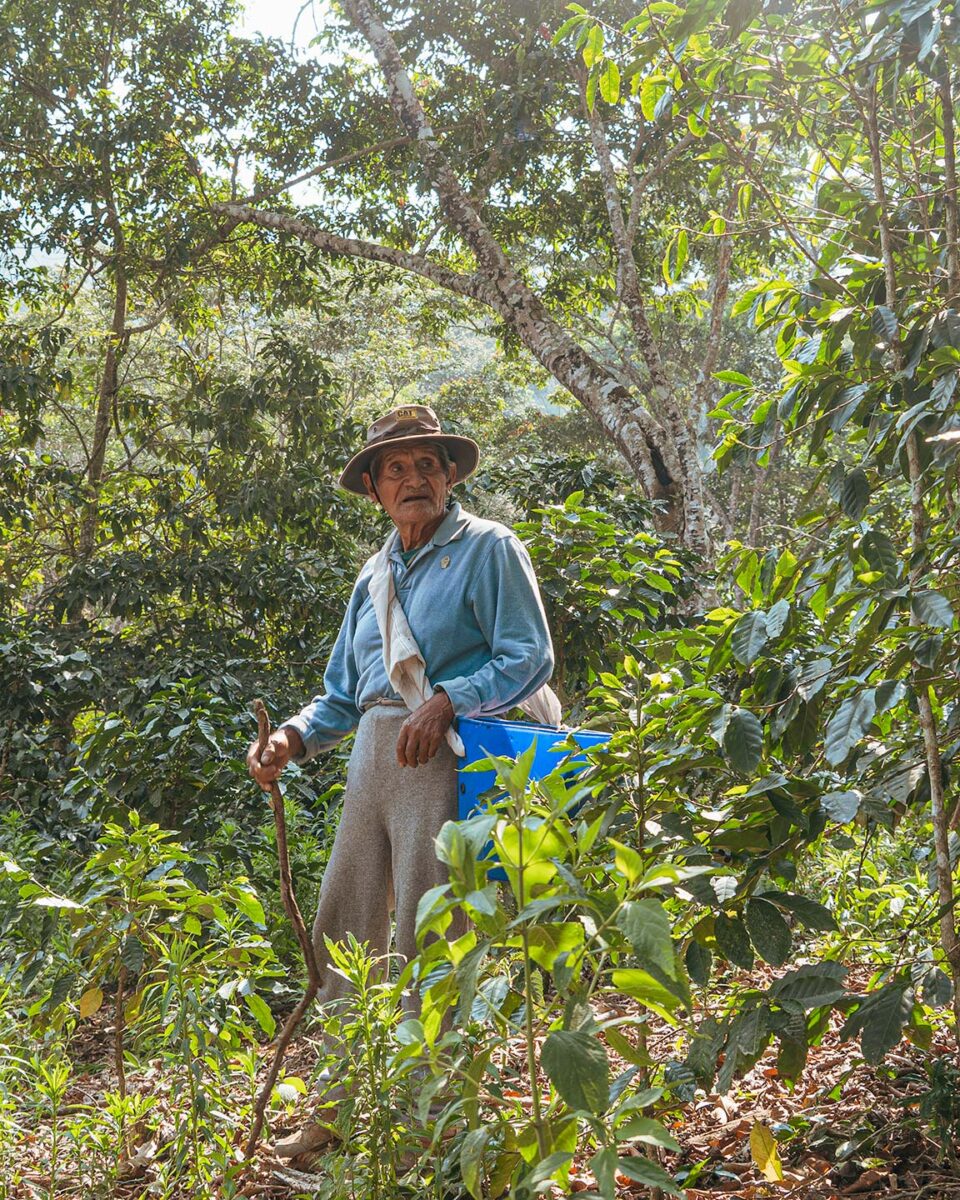
On the road to a coffee farm, we drove past some orange and mandarin farms. That’s when it hit me that coffee really is an agricultural product. And somehow, I was no longer nervous about the weight of my responsibility, and felt inspired to represent the work of the producers.
The biggest takeaway from this trip for me was the idea of co-existence. One thing a producer said particularly stuck out to me. “The forests have existed since long before humans started planting coffee trees. So growing coffee in harmony with nature is the only choice that makes sense.” It wasn’t just that producer, but so many other producers had the same view. They were all very conscious of living with nature and community. Or rather, they weren’t even conscious of it. They knew its importance at a subconscious level.
If the coffee we serve our customers comes from people so genuine and so passionate, then we also have to be equally genuine and passionate. After all, we are the final link in the supply chain.
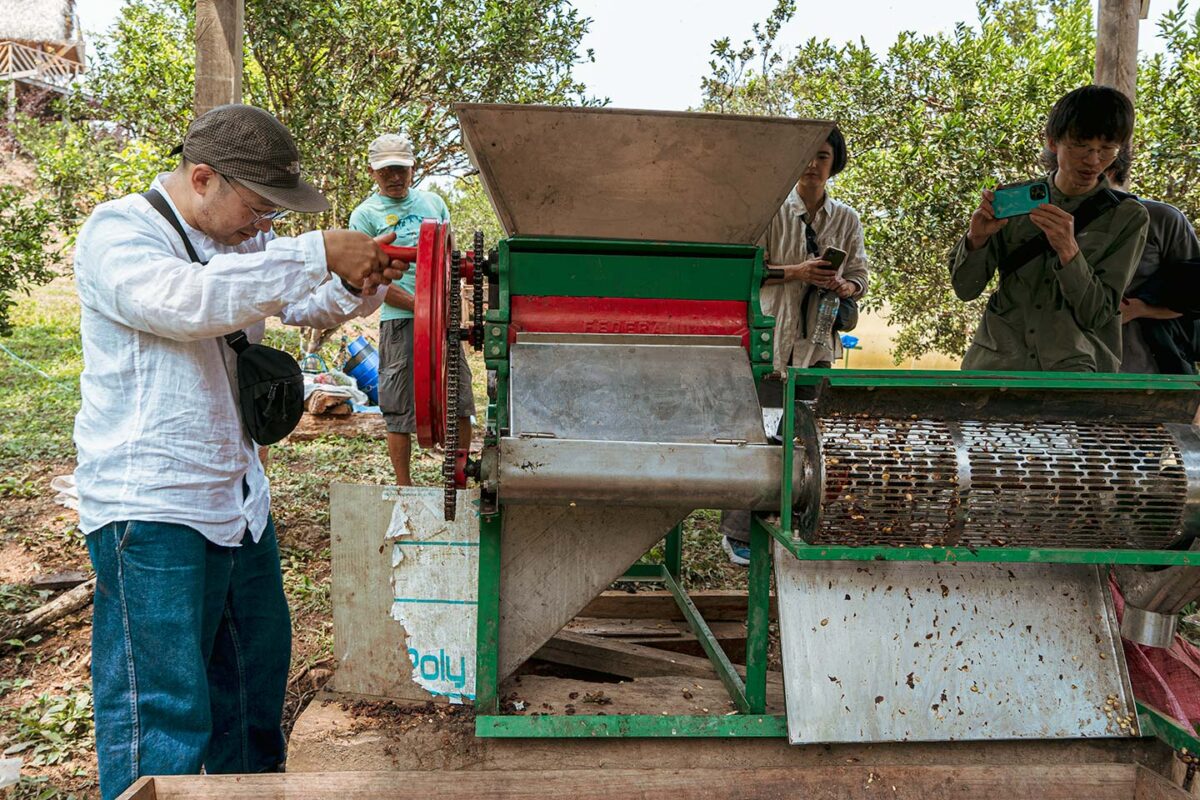
After coming home, I started thinking of ways to reduce waste as much as possible and be more environmentally friendly. That’s something I’d been doing before, but I’m trying to see if there is more I can do. Now I’m more concerned about things like how to dispose of coffee grounds and how biodegradable straws can be helpful. I’ve started to ask other roasters for their take on the topics, too. Nowadays you often hear the phrase “Think global. Act local,” and I vaguely understood what that means. But it makes more sense now.
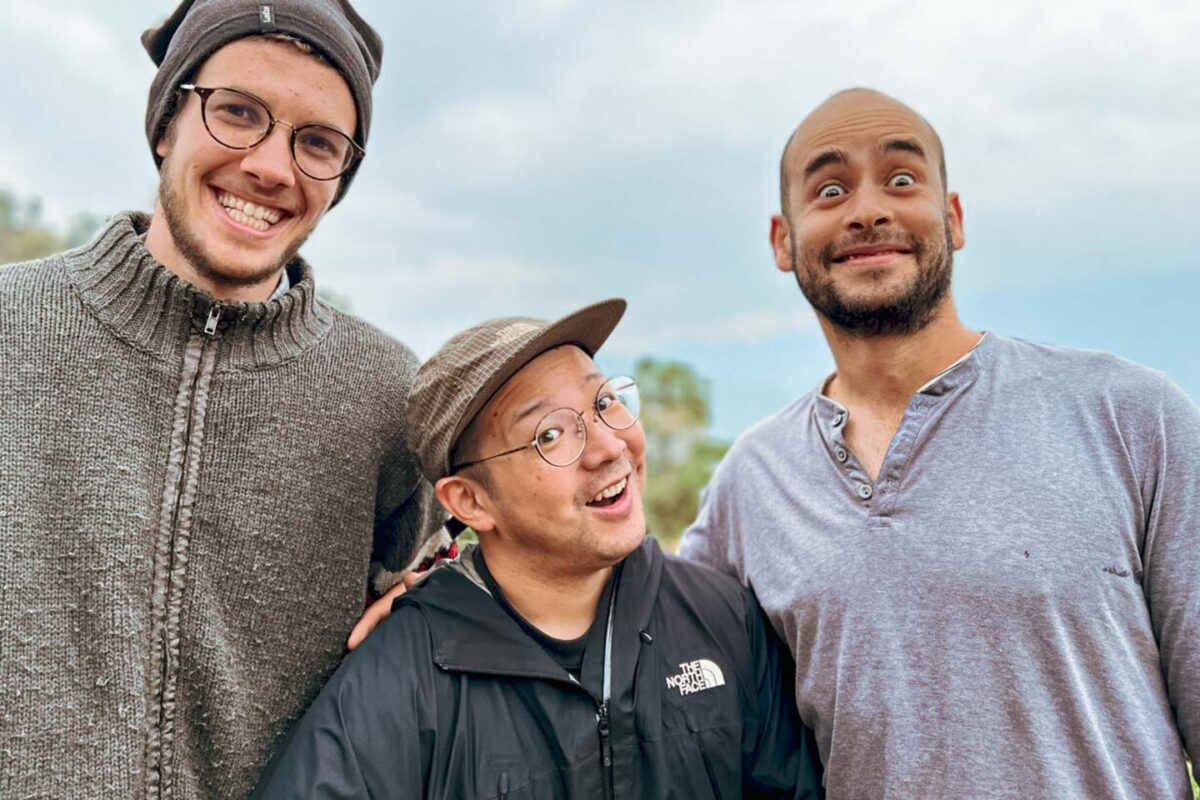
Leaving no regrets
To make the most of the two-week trip, I had a secret agenda in mind. That is, to become friends with everyone I meet.
Obviously, there is the language barrier. The producers don’t speak Japanese, and I am hopeless at Spanish. But that didn’t stop me from trying to get to know them. It’d be a shame if you introduced yourself, shook a few hands and that’s all, wouldn’t it? Especially after flying 40 hours halfway across the world. I didn’t want to let this precious opportunity be wasted just because I was shy. And this may sound a bit strange, but I didn’t want the producers and other roasters to have any regrets, either.
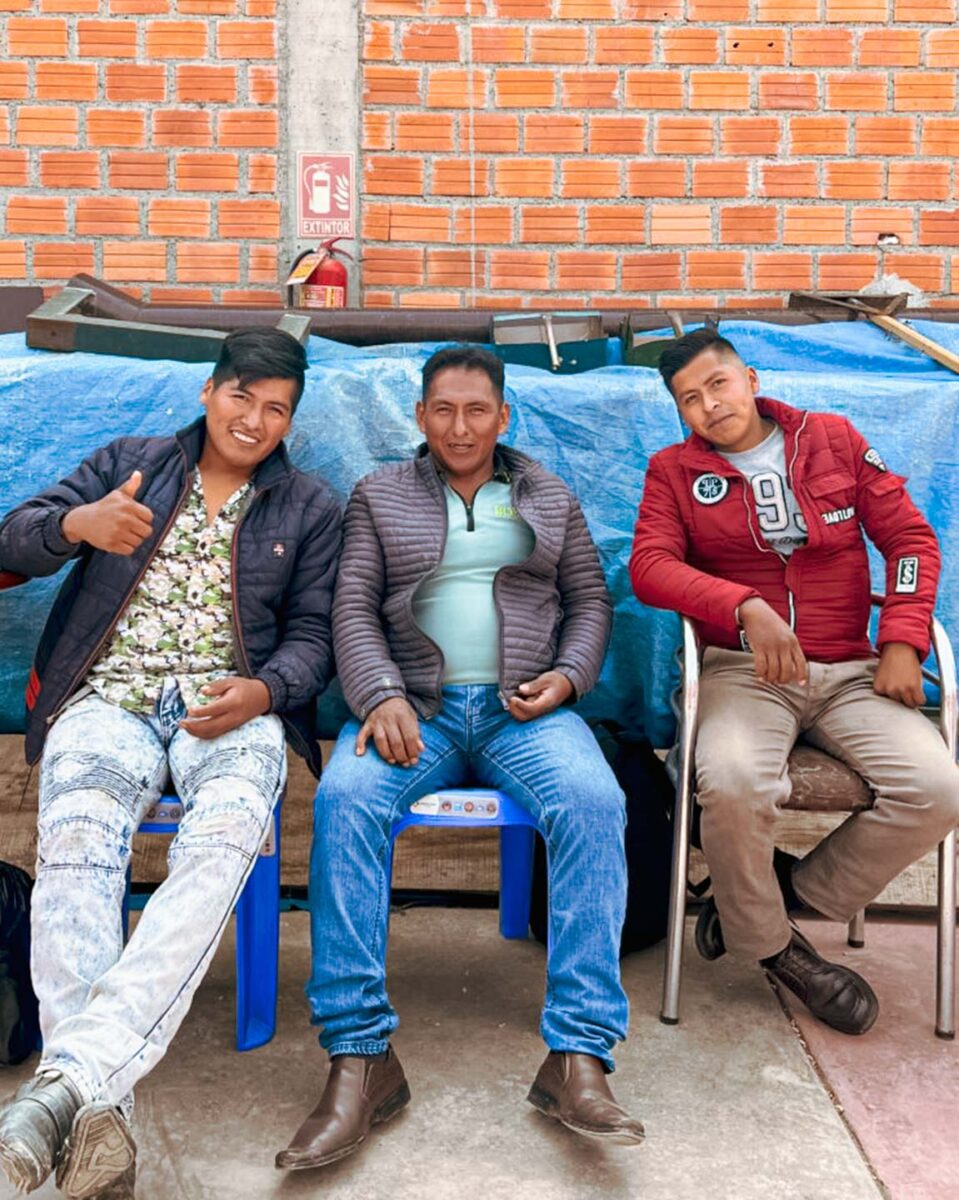
While I was there, I tried communicating with the producers with my own words as best as possible. Mai from TYPICA was also there to interpret for us. So I strained my ears to pick up frequently used words. Then I went on Google Translate to figure out what they were saying, and looked up how to say what I wanted to say. Unlike English, Spanish words are easy to pronounce because they are more phonetically consistent with how they are spelled. So even when I read machine translations out loud in a flat voice, the producers would understand me.
One evening, I had too much caffeine from Coke and couldn’t sleep. So I watched one Spanish YouTube video after another and made a list of jokes that I hoped would get some laughs. And they did laugh! I felt like I could get through to them at a deeper level. They are a real joy to hang around with.
After I came home, my staff and customers asked me how the trip was. And all I could say was, “I had a blast.” I know it’s such a shallow answer. I wish I had something more thoughtful to say. But then, what else could I say? I really enjoyed all 14 days to the fullest. I mean it. I had so much fun that a part of me feels guilty for getting a travel allowance for the “business trip.” But I make sure to let them know that I was there for work.
I heard some very good news after coming back. When the Bolivian producers came to Japan and visited other roasters up north, they apparently kept asking where I was and when I would join them. This wouldn’t probably have happened if I had held myself back.

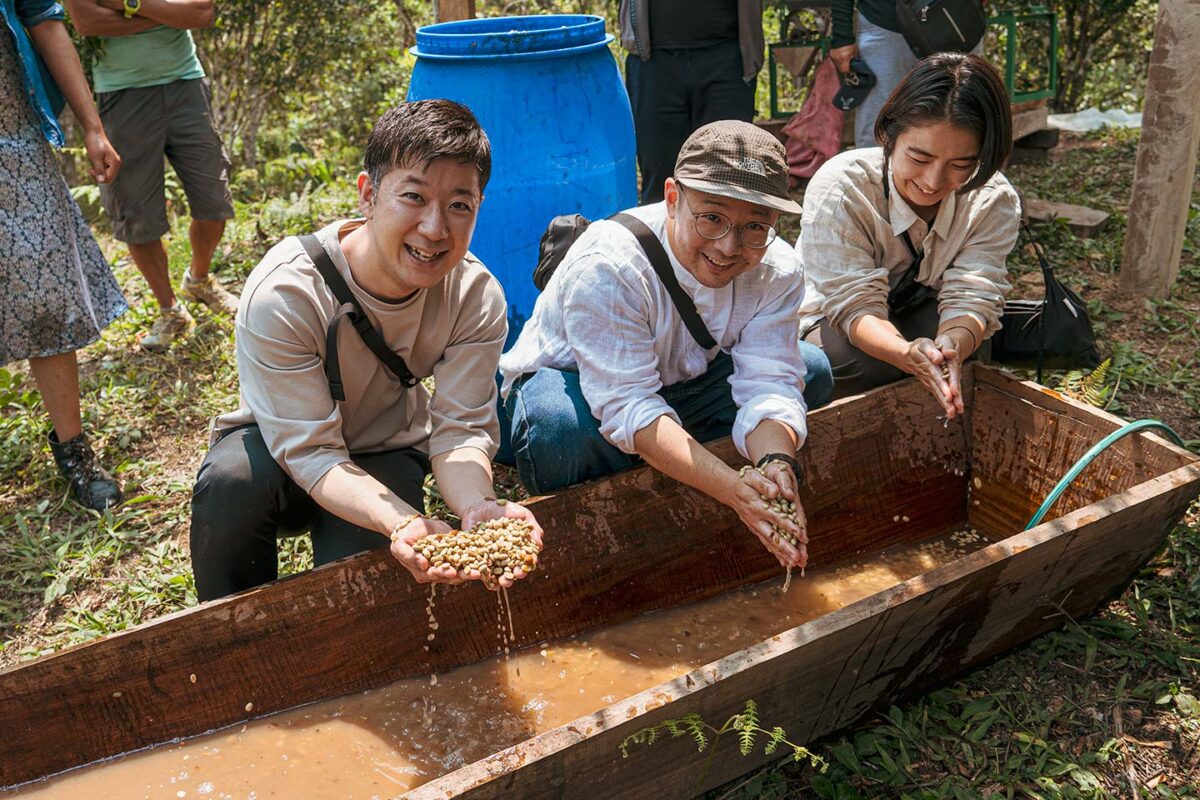
Something only I can do
Getting close to other roasters was another of my goals for this trip. I traveled with six other roasters, and they are all famous on social media. I knew of them, but they probably didn’t know me. I understand TYPICA Lab is not some fun activity but it’s business. Still I kept wondering, “What if I approached this with the free and easy vibes of a school trip?” Once that idea occurred to me, I just couldn’t help thinking about it.
Back in your school days, you’d go on a field trip, plan events for a school festival, or team up with classmates for the sports day. Through these special events, the bond becomes stronger. I wanted to build that kind of comradery with other roasters through TYPICA Lab. At the end of the day, it’s better to have fun than not. I was like, “If I raised some eyebrows for trying to make it fun, so be it.” I was prepared to go the extra mile.
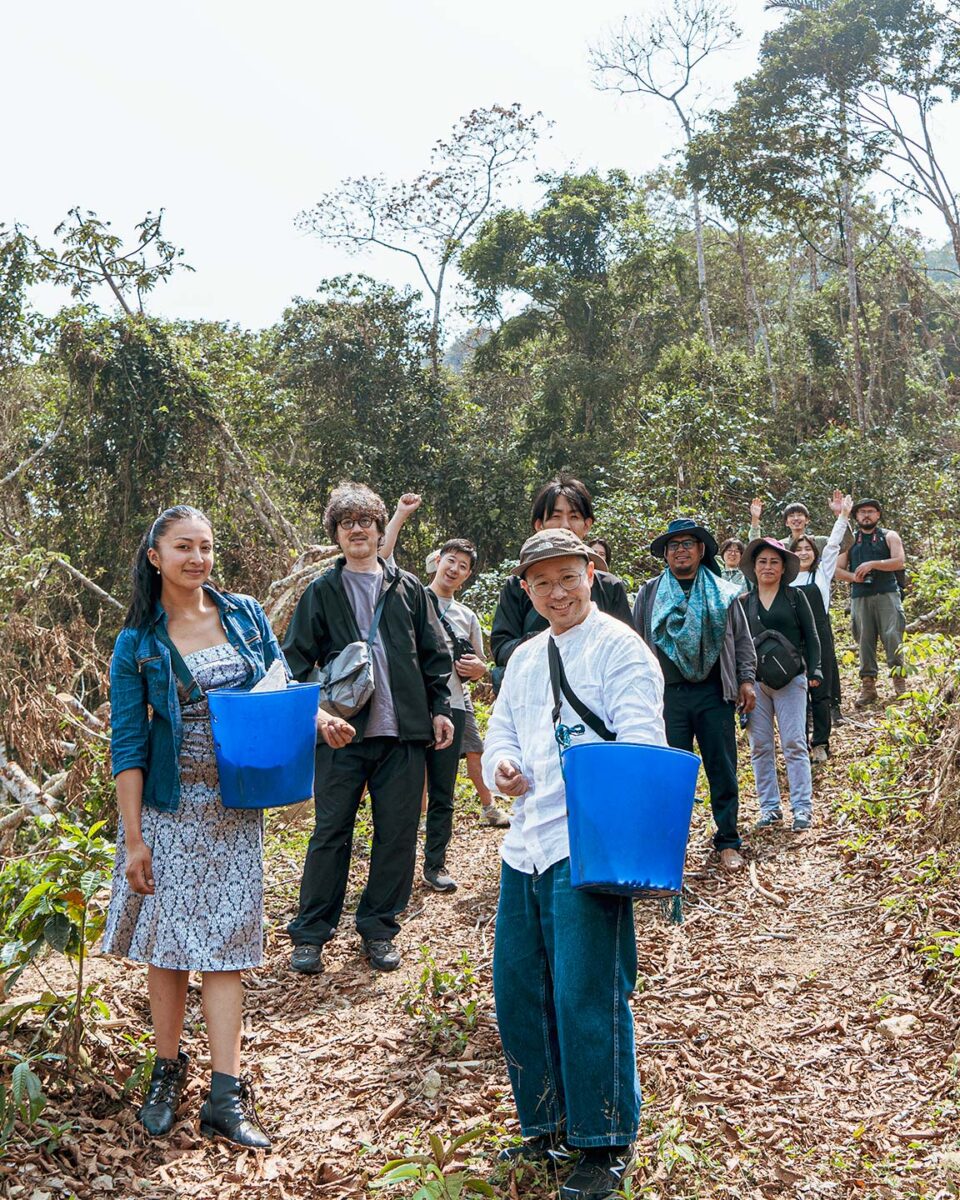
I’m 38 years old. I know I’m not that young anymore, and honestly, I was a bit self-conscious about being as childish as I am. The reality is, other roasters I traveled with are business owners and managers. All of them have clear visions and big aspirations. And listening to their grand ideas, I felt inferior.
But then there is the fact that the producers were wanting to see me, and that some of them messaged me on Facebook to say hi and ask when I will be there next.
All that made me realize that at least someone liked me for who I am. And with that, I was finally able to make peace that my character itself is my strength. After all, there is no point in comparing yourself with others and dwelling on what you are lacking. Of course there are things only other roasters can do, but likewise, there are things only I can do. Then it’s better to focus on the bright side.
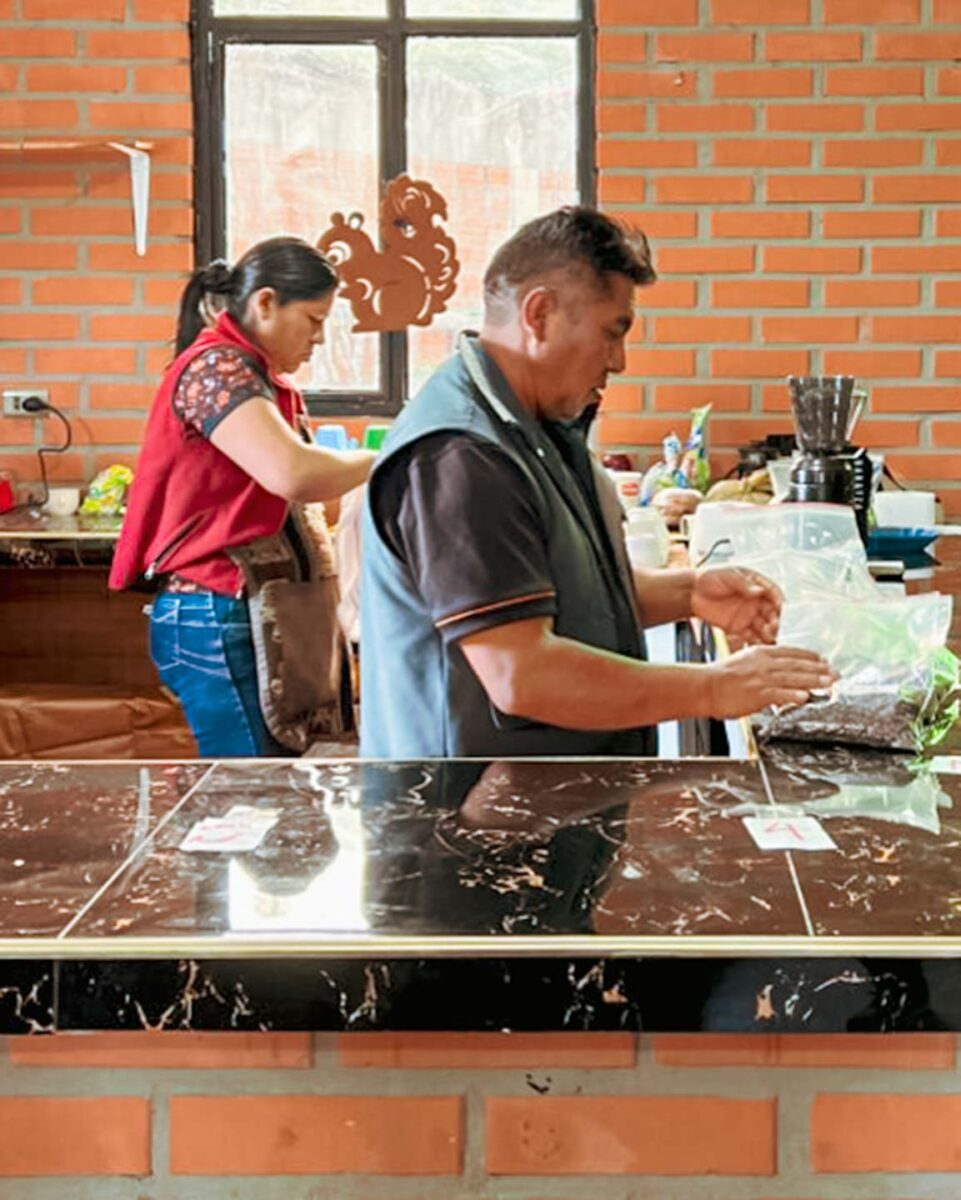
Adding human touch to coffee
When you are in the coffee industry, you often hear the word “terroir,” or the distinct character of an origin. It means a coffee’s unique flavor that comes from the soil and climate. But when I look back on this trip, I think the real terroir is the identity of the producer. Now I can say with full confidence that terroir is the way producers try to achieve their ideal taste. Coffee is the symbol of the identity of the producer behind it.
Take Carmelo and his wife Deysi for example. They are mixing Geisha and Java to create a blend-like coffee. Geisha is a rare variety, so normally, you’d think they should sell it as it is because it would sell for a higher price. But Carmelo was different. He is making Java, and his wife is growing Geisha. He said Java can add some good sweetness to her Geisha, and above all, he loves the collaboration with his wife. When you hear him say that, there is nothing more you can say.
If I didn’t know the story behind their coffee, I would probably hesitate to buy it because common sense tells you not to. But they looked me in the eye, telling me how much they love working with each other. For me, that was more than enough to seal the deal. I still remember their blushing smiles when they told me that.
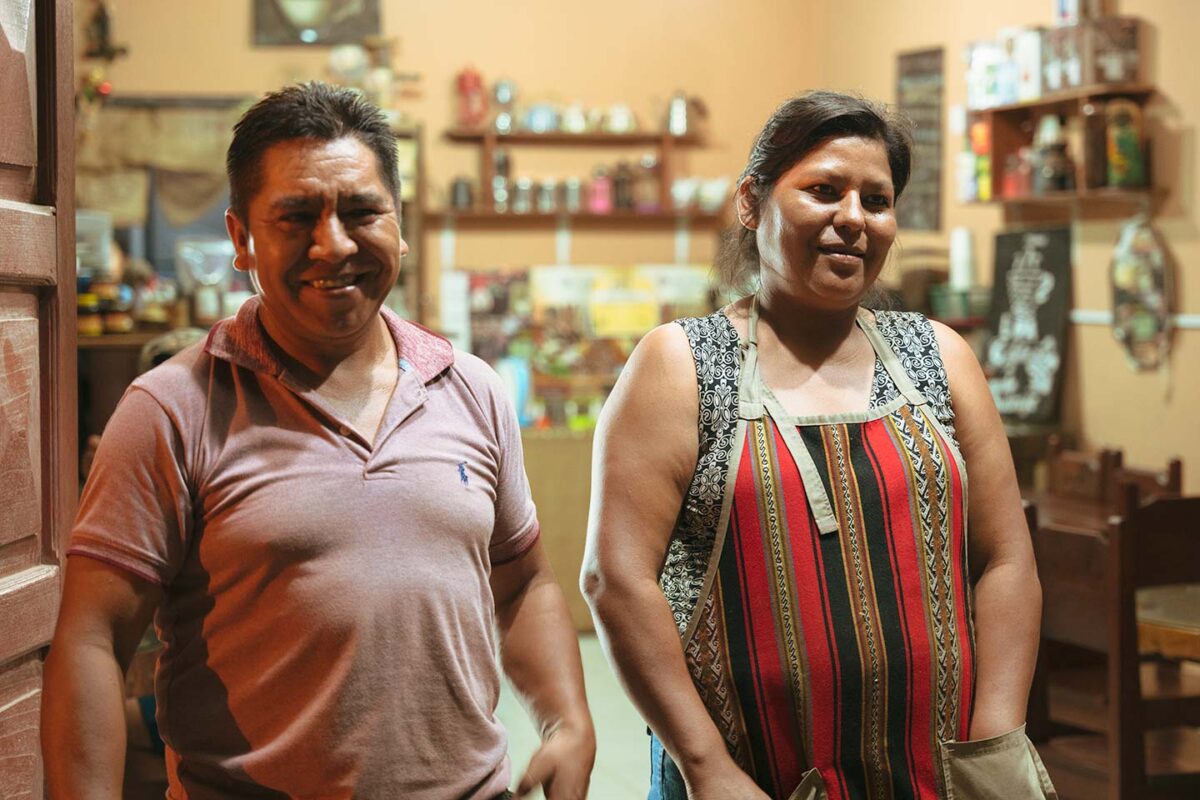
The human touch is something I want to get across to my customers. If I can sell them on a coffee just with the story behind it, then I think it will taste even more delicious. Other roasters were saying that it would be interesting if we promoted Carmelo and Deysi’s coffee blend around Valentine’s Day.
I’ve been thinking about how I can make the connection between the producer and the drinker. It’d be wonderful if people come in and say, “Did you know this is the only place that’s serving that producer’s coffee from Bolivia? It’s delicious!” If a conversation like that becomes not so unusual here at my store, then that’s a job well done on my part.
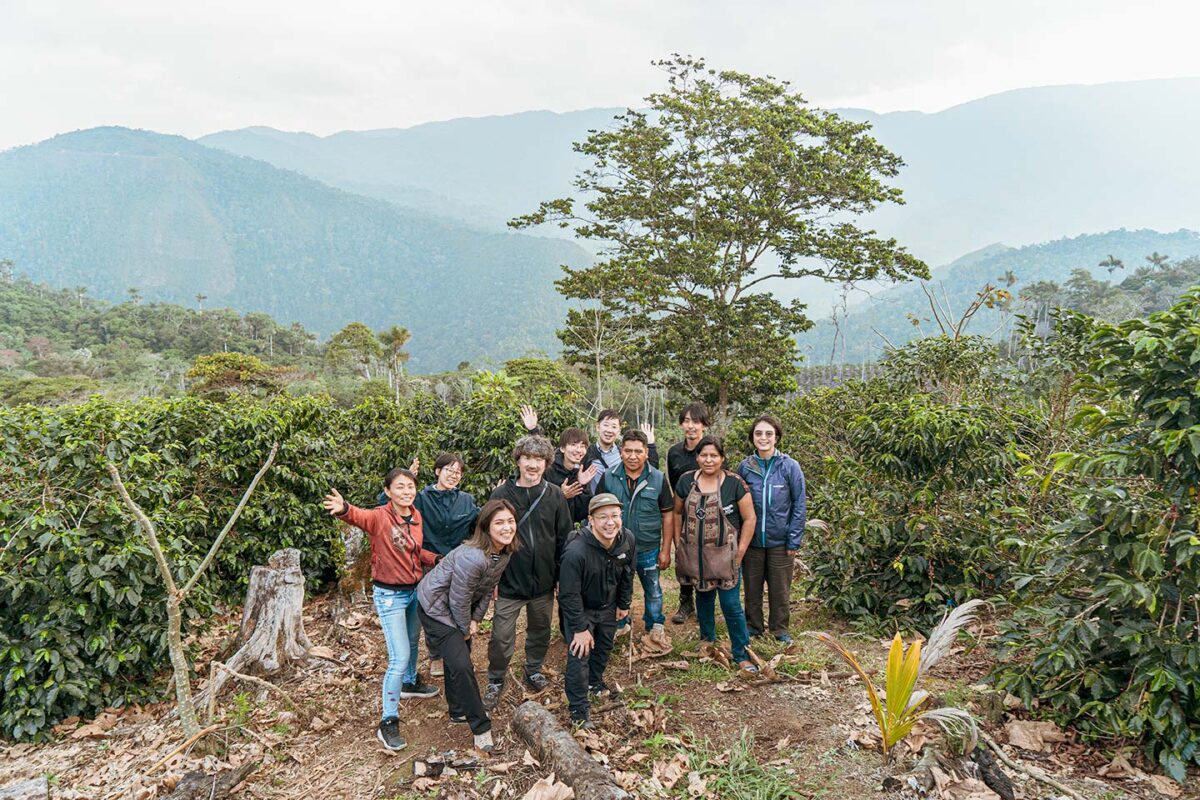
Playfulness comes from friendship
It may sound childish to say I want to make friends, but that’s something I also try to do at work, too. If I co-host an event with another coffee shop, for instance, I’d rather do it because of the friendship I have with that roastery, not because collaborating with them has financial benefits or gives me publicity.
I like that sense of playfulness that comes from friendship. When band members are real close friends, their music resonates with me at an entirely different level than a song from a group that got together based on some strategic thinking.
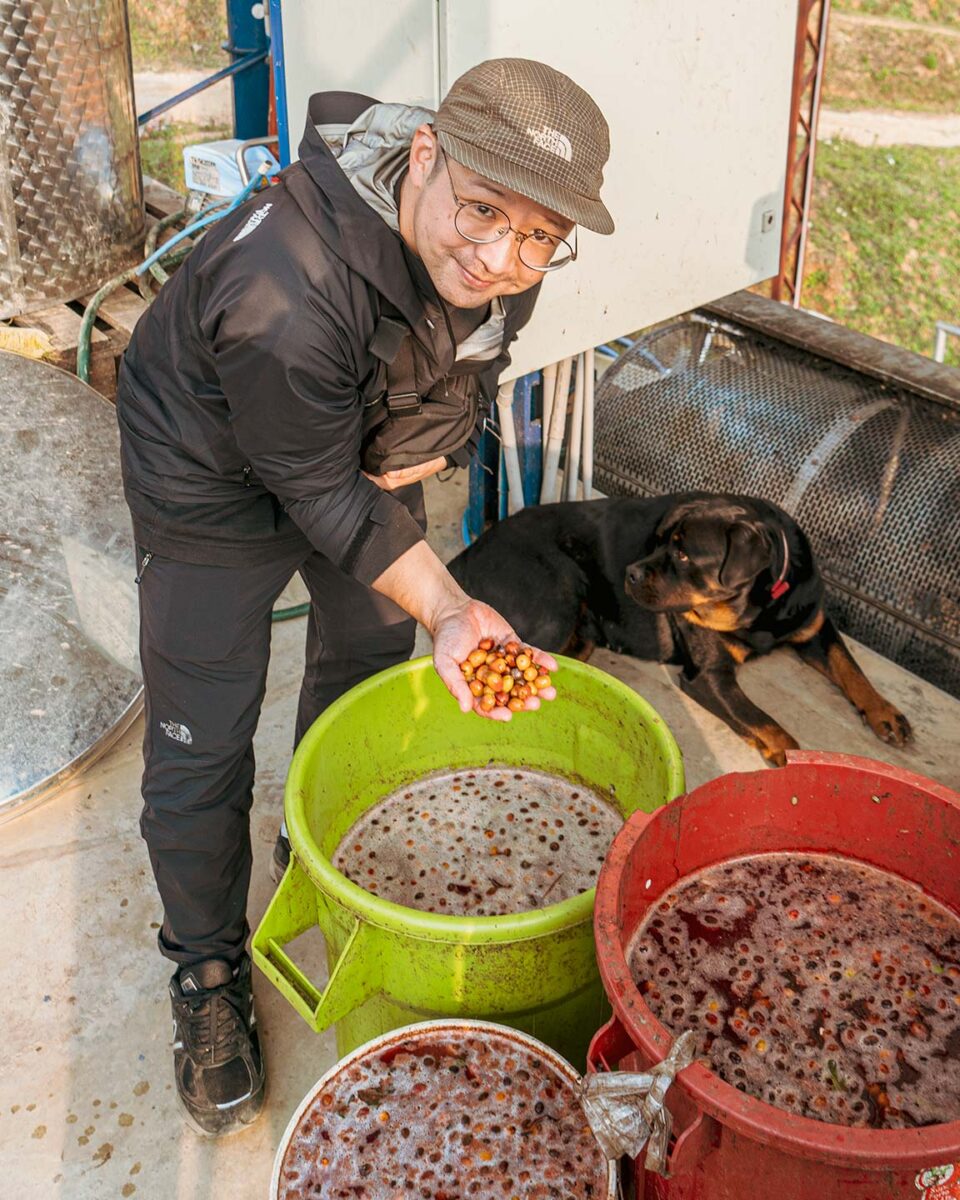
When all is said and done, it’s simply fun to get to know people. If my team members and customers see me having fun, they may also enjoy it, too. When I was in Bolivia, I posted my daily journal on my Instagram. Some of my customers read that, and after I came home they told me “Looked like you were enjoying the trip to the fullest,” and “You really were over the moon.”
But if I can put a smile on someone’s face, there is nothing more I could wish for. Of course there are times when you need to be serious, but it doesn’t mean you can’t crack some jokes. People need a conversation starter, and humor is the perfect tool for that. What if my jokes don’t go down well? Well, I’ll just apologize then.